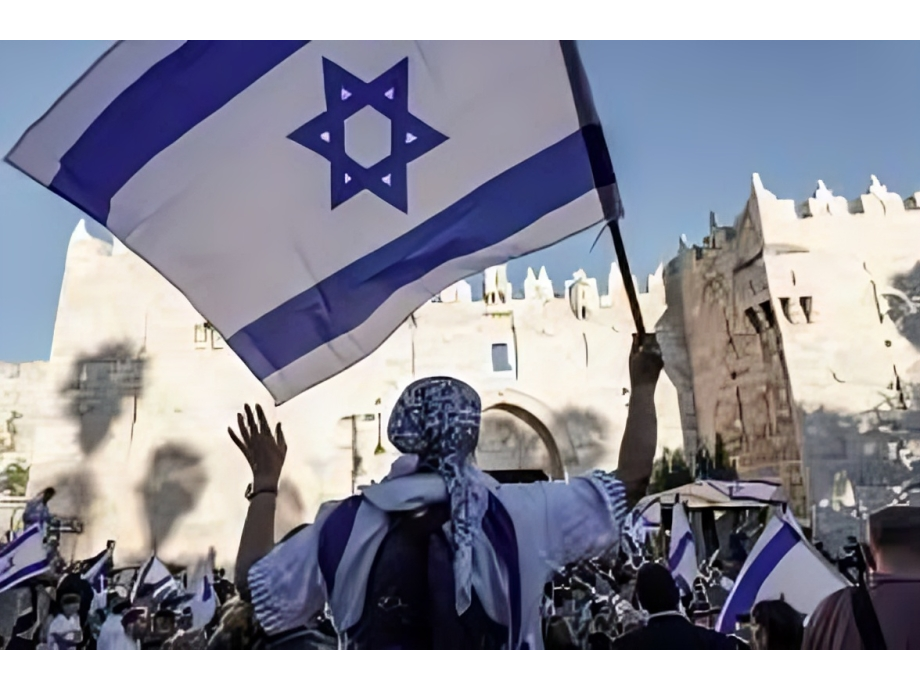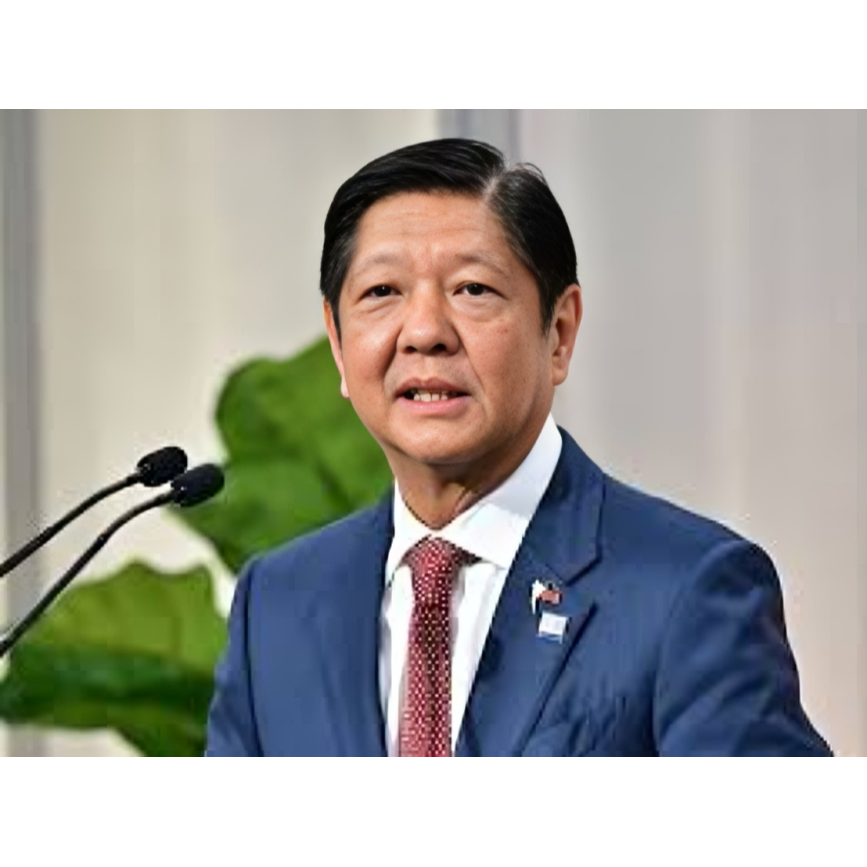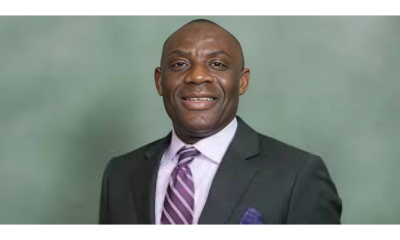Foreign News
Monkeypox Investigated in Europe, US, Canada

Cases of suspected and confirmed Monkeypox are being investigated in a number of European countries, the US, Canada and the UK, according to health authorities and local media reports.
The most recent confirmed cases were reported in Italy and Sweden.
It follows the confirmation of cases in the US, Spain and Portugal on Wednesday, as well as the investigation of 13 suspected cases in Canada.
Monkeypox is most common in remote parts of Central and West Africa.
Cases of the disease outside of the region are often linked to travel to the area.
Monkeypox is a rare viral infection which is usually mild and from which most people recover in a few weeks, according to the UK’s National Health Service.
The virus does not spread easily between people and the risk to the wider public is said to be very low.
The first case of the disease in the UK was reported on 7 May. The patient had recently travelled to Nigeria, where they are believed to have caught the virus before travelling to England, the UK Health Security Agency said.
There are now nine confirmed cases in the UK. The source of these infections has not yet been confirmed but cases seem to have been “locally acquired”, the World Health Organization (WHO) says.
In Europe, one confirmed case was reported in Sweden on Thursday, as well as one in Italy. Swedish authorities said they were not sure how the individual had contracted the virus, but local media report that the individual in Italy had recently returned from the Canary Islands.
Five confirmed cases were also reported in Portugal on Wednesday, as well as seven in Spain.
Though no vaccine has been approved for Monkeypox in Europe, Spanish health authorities have reportedly purchased thousands of smallpox vaccines to deal with the outbreak, according to Spanish newspaper El País. Monkeypox is a member of the same family of viruses as smallpox.
In North America, health authorities in the US state of Massachusetts also confirmed that a man has been infected with Monkeypox.
He had recently travelled to Canada, where local media report that 13 suspected cases of the virus are being investigated.
According to health officials, the man has been hospitalised, is in “good condition” and ‘poses no risk to the public”.
Foreign News
Israel Rejects Latest Gaza Ceasefire Proposal

The Israeli Government has rejected the latest proposal for a ceasefire and release of hostages in the Gaza Strip, local media reported on Monday.
“The proposal received by Israel cannot be accepted by any responsible government,’’ the Times of Israel quoted an unnamed senior official as saying, who didn’t give any further details.
According to the ynet news website, the proposal was made by a Palestinian-American businessman who has reportedly been involved in direct negotiations with Palestinian extremist group Hamas for some time.
According to Hezbollah-affiliated Arab broadcaster Al-Mayadeen, the proposal involves a 70-day ceasefire to allow both sides to conduct negotiations on an end to the war.
With Hamas is to release five living hostages and the bodies of a further five from Gaza.
The draft is far removed from the proposal drawn up by U.S. Special Envoy Steve Witkoff, ynet quoted an Israeli official as saying.
Witkoff’s recently submitted draft provides for the release of 10 living hostages in exchange for 45 to 60 days of ceasefire.
According to Israeli sources, at least 20 hostages are still being held alive in the Gaza Strip, with the fate of three further abductees unclear.
In addition, the Islamists are still holding the bodies of 35 hostages abducted from Israel during the attacks it launched on Oct. 7, 2023. (dpa/NAN)
Foreign News
Fate of Nigerian Medical Students from Sudan Hangs in Balance

A group of 47 Nigerian medical students who escaped war-torn Sudan in May 2023 are now struggling to register for the Nigerian Medical and Dental Council (MDCN) examination due to a document snag.The students, many of who fled or were evacuated by the Federal Government without exit visas, are currently racing against time to meet the registration deadline, with their future careers hanging precariously in the balance.
Report says that these students, who were enrolled at Sudan International University (SIU), were evacuated to Nigeria during the 2023 conflict in Sudan while in final year of study. According to the students, with the approval of the National Universities Commission (NUC), they were permitted to continue their academic programme at Usmanu Danfodiyo University Teaching Hospital (UDUTH) in Sokoto.Speaking to NAN on Sunday in Abuja, one student said: “We successfully completed our studies and graduated in 2024, receiving our certificates as students of SIU.”He added that they were currently preparing to sit for the MDCN examinations.The student, however, added that one of the requirements was presenting a first entry visa and a last exit visa.“Unfortunately, none of us have these documents as most of our passports remained in Sudan due to the emergency evacuation.“We respectfully request permission to sit for the examinations scheduled for June 2025,” he said.The President of the Nigerian Students Association at SIU, Najid Hassan, confirmed that due to the war in Sudan, Nigerian students were evacuated by the Federal Government.Hassan explained that with NUC approval, the affected students were allowed to continue their academic programme at UDUTH following a Memorandum of Understanding (MoU) between SIU and UDUTH.“After the MoU, we resumed studies at UDUTH in December 2023 and spent one year there.“We completed clinical rotations, lectures in gynaecology, pediatrics, surgery, and medicine, and graduated in October 2024.“We took examinations supervised by consultants at UDUTH,” Hassan said.He added that after graduation, students were awarded certificates bearing the SIU name.Hassan, however, said that when they approached MDCN for registration, the process, expected to be seamless, became challenging.“We are currently preparing for the MDCN exams, but one requirement is the submission of a ‘first entry visa and a last exit visa.’“Unfortunately, none of us have these documents because most passports remain in Sudan due to emergency evacuation,” Hassan said.He appealed to the Federal Government to intervene.NAN reports that MDCN is the regulatory body for Medicine and Dentistry in Nigeria and was established by the Medical and Dental Practitioners Act.The Act had been operational since Dec. 18, 1963, and updated under the Laws of the Federation of Nigeria 2004.The council’s statutory functions include setting and reviewing standards for medical and dental education.Section 9(3) and (4) of the Act empowers the council to conduct assessment exams for holders of foreign medical or dental qualifications recognised by their countries of origin.Candidates expected to sit for these examinations are trained outside Nigeria at institutions listed in the World Directory of Medical Schools.One of the application requirements is submitting relevant portions of international passports, including visa and arrival/departure stamps.In a 2024 publication addressing students returning from conflict zones, MDCN Registrar Dr Fatima Kyari, reaffirmed these rules but expressed sympathy for students affected by COVID-19 and conflicts in Ukraine and Sudan.“The council has held extensive consultations and developed remediation pathways to facilitate integration.”“Students graduating in 2023 or later were advised to return to a designated campus of their foreign university to complete studies physically.“They can also transfer to an accredited Nigerian university, subject to NUC approval; or integrate into a Nigerian university per NUC guidelines.“Many students from Sudan and Ukraine have successfully integrated through these pathways, exempting them from the foreign-trained medical and dental graduates (FTMDG) exams if graduating from Nigerian institutions,” Kyari said.She explained that the MoU with UDUTH was an academic collaboration and did not equate to clinical training for medical qualification recognised by MDCN.She noted that students who properly transferred and graduated from Nigerian universities approved by MDCN had been indexed, graduated, and registered as doctors.The Federal Ministry of Education, through the Director of University Education, Hajiya Rakiya Ilyasu, acknowledged the situation.She advised the affected students to formally write to the Minister of Education, including their names, and to copy the Director of Education Support Services to help facilitate a resolution.Similarly, NUC Deputy Executive Secretary, Chris Maiyaki, confirmed awareness of the development and advised students to contact the Ministry of Education to resolve the issues.However, all efforts by NAN to obtain a response from Mrs Abike Dabiri-Erewa, Chairman/CEO of the Nigerians in Diaspora Commission (NiDCOM), regarding the students’ plea proved unsuccessful.Similarly, all efforts to get a reaction from Usmanu Danfodiyo University Sokoto (UDUS) failed.The Deputy Provost of the Medical School, said he had no authority to speak on the issue, while the Vice Chancellor, Prof. Bashir Garba, said he was on transit and would respond appropriately.(NAN)Foreign News
Philippine President Calls for Resignation of All Cabinet Secretaries

Philippine President Ferdinand Marcos Jr. has asked all of his Cabinet secretaries to submit their resignations on Thursday in what he called a “bold reset” of his administration following last week’s mid-term elections.
The elections saw more opposition candidates win crucial Senate seats, signaling shifting political tides.
Marcos, the 67-year-old son of the late Philippine dictator overthrown in 1986, won the presidency in a landslide in 2022, a stunning political comeback marked by a call for national unity.
However, his vice-presidential running mate, Sara Duterte, also widely popular, later distanced herself from Marcos in a falling-out that had sparked intense political discord.
Marcos had since emerged as one of the region’s most vocal critics of China’s aggression in the disputed South China Sea, bolstered by support from the United States and other allies. Domestically, he continued to face significant challenges, including high inflation, unfulfilled promises to lower rice prices, and growing concerns over kidnappings and other crimes.
“This is not business as usual,” Marcos said in a government statement.
“The people have spoken and they expect results, not politics, not excuses. We hear them and we will act.” (AP/NAN)




























